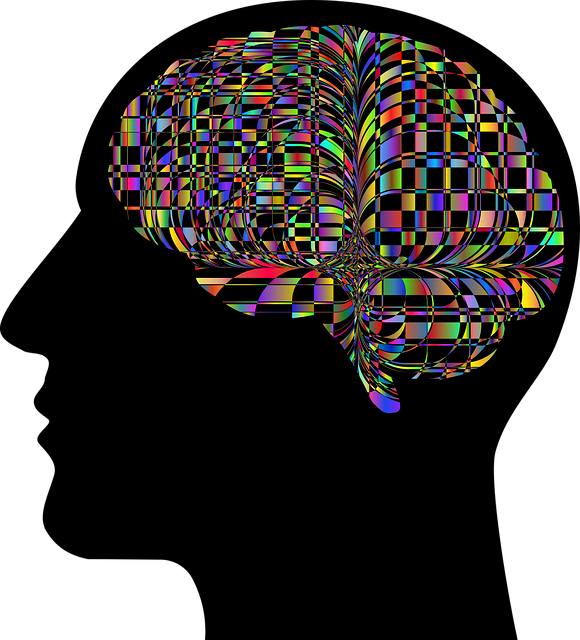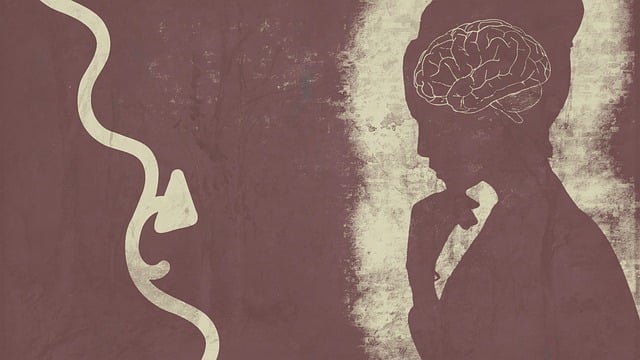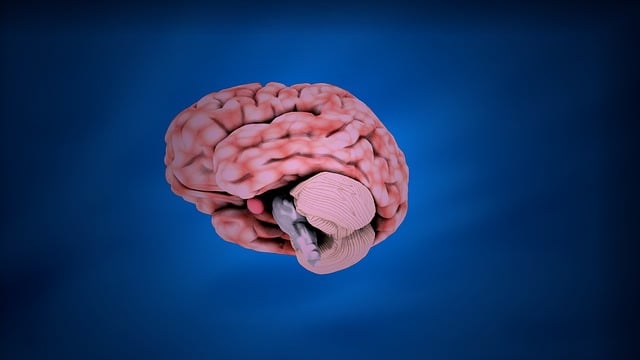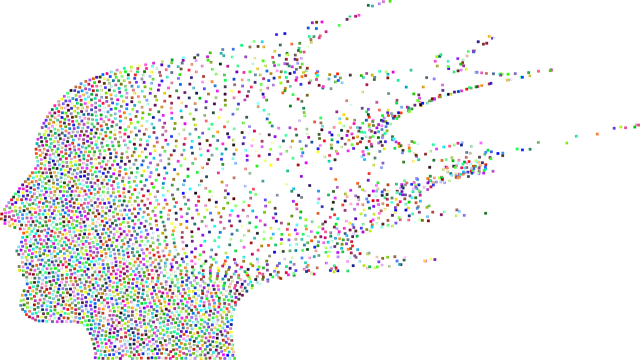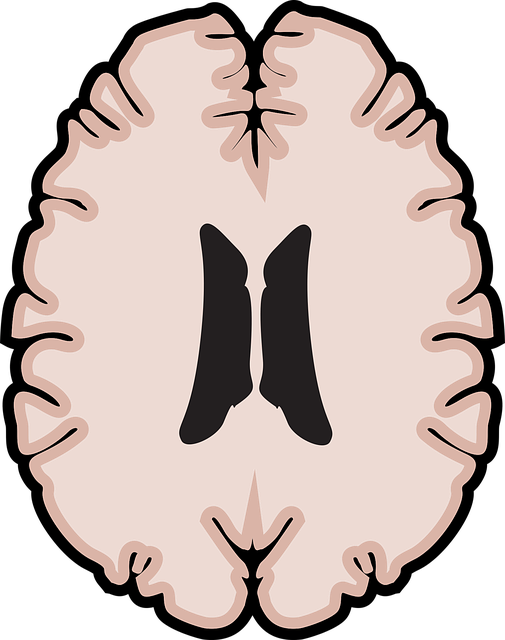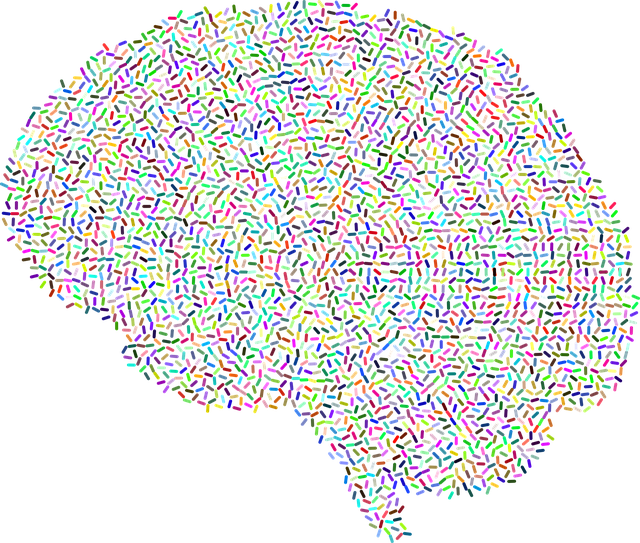The text explores the profound impact of mental illness stigma on adults' well-being, emphasizing its role in hindering access to therapy. It highlights the importance of mental wellness journaling and self-esteem improvement as strategies to combat stigma through self-awareness and positive affirmation. Therapy is recognized as a powerful tool, offering structured conversations and evidence-based techniques to address underlying issues and enhance self-reflection. Cultural sensitivity among healthcare providers and community outreach programs are crucial for providing culturally relevant care and support. Stigma reduction begins with public education, debunking myths about mental health, and promoting understanding of therapeutic approaches like cognitive-behavioral therapy. Policy changes, advocacy efforts, and government initiatives play a vital role in de-stigmatizing therapy for adults and ensuring equal access to services.
Mental illness stigma remains a significant barrier to treatment, causing undue suffering and isolation. This article explores targeted efforts to reduce this pervasive social problem. We delve into the multifaceted approach required to combat stigma, focusing on therapy’s role in building self-esteem among adults, educating the public through accurate information dissemination, and implementing support groups, community outreach programs, policy changes, and advocacy for mental illness awareness.
- Understanding Stigma and Its Impact on Mental Health
- The Role of Therapy in Building Self-Esteem for Adults
- Educating the Public: Disseminating Accurate Information
- Support Groups and Community Outreach Programs
- Policy Changes and Advocacy for Mental Illness Awareness
Understanding Stigma and Its Impact on Mental Health

Stigma surrounding mental illness can have a profound impact on an individual’s overall well-being and ability to seek necessary support. It often manifests as negative attitudes, stereotypes, and discrimination, leading many to internalize self-blame and shame. This internalized stigma can significantly hinder one’s self-esteem and willingness to pursue therapy for adults, creating a barrier to accessing much-needed care.
Understanding the impact of this societal construct is crucial in mental wellness journaling exercises, where individuals can explore and challenge these beliefs. By fostering self-awareness and adopting practices like mindfulness and positive affirmation, one can begin to unlearn negative thought patterns associated with mental health struggles. Self-esteem improvement is a critical aspect of reducing stigma; when individuals feel empowered and valued, they are more likely to seek guidance and support for their mental wellness journey, embracing the mind over matter principles that encourage resilience and self-care.
The Role of Therapy in Building Self-Esteem for Adults

Therapy plays a pivotal role in fostering self-esteem among adults grappling with mental illness. Through structured conversations and evidence-based techniques, therapy provides a safe space for individuals to explore their thoughts, emotions, and behaviors. This process encourages self-reflection and promotes a deeper understanding of one’s strengths and areas for growth. By addressing underlying beliefs and challenges that may have contributed to low self-esteem, therapy equips adults with coping mechanisms and resilience.
Cultural sensitivity in mental healthcare practice is essential alongside this journey. Therapists who understand the intricate interplay between cultural backgrounds and mental health issues can tailor their approach, ensuring that self-esteem building efforts are culturally relevant and effective. Moreover, integrating self-care practices and burnout prevention strategies for healthcare providers becomes crucial in sustaining therapeutic environments conducive to healing and growth.
Educating the Public: Disseminating Accurate Information

Mental illness stigma reduction often begins with educating the public about the realities of psychological disorders. This involves disseminating accurate information that debunks common myths and promotes understanding. By providing reliable resources, mental health advocates can help people recognize that conditions like anxiety, depression, and other mental illnesses are legitimate medical issues, similar to physical ailments.
Through educational initiatives, individuals can learn about various therapeutic approaches, such as cognitive-behavioral therapy for adults, which targets self-esteem improvement and emotional regulation. Promoting positive thinking and self-compassion alongside these treatments empowers people to challenge the stigma associated with seeking help. When society understands the science behind mental health, it fosters a more supportive environment where individuals feel comfortable discussing their struggles and pursuing necessary therapy.
Support Groups and Community Outreach Programs

Support Groups and Community Outreach Programs play a pivotal role in reducing stigma surrounding mental illness. These initiatives provide safe spaces where individuals can share their experiences, gain understanding, and offer mutual support. By fostering open dialogue and promoting empathy, support groups help break down barriers and encourage early intervention for those struggling with mental health challenges. Regular meetings facilitate ongoing therapy for adults seeking to improve their self-esteem and overall mental wellness.
Community outreach programs further extend these benefits by offering accessible resources and education in diverse settings. Through workshops, seminars, and interactive sessions, these programs raise awareness about various mental health conditions, dispel myths, and offer practical guidance on burnout prevention strategies for healthcare providers. Engaging in activities like journaling and confidence-boosting exercises within these platforms can significantly contribute to an individual’s journey towards improved mental wellness.
Policy Changes and Advocacy for Mental Illness Awareness

Mental illness stigma reduction often begins with policy changes and advocacy efforts that promote mental health awareness. Governments play a pivotal role in this by implementing policies that encourage open discussions about mental well-being. This includes de-stigmatizing therapy for adults, ensuring equal access to mental health services, and integrating emotional intelligence programs into educational curricula. By fostering an environment where seeking help is normalized, we can enhance self-esteem and reduce the societal barriers faced by individuals battling mental health issues.
Advocacy groups and community organizations also contribute significantly by raising awareness through campaigns, workshops, and support groups. They educate people about various mental health conditions, coping skills development, and the importance of self-care routine development for better mental health. These initiatives foster empathy, challenge stereotypes, and encourage early intervention—all vital steps in reducing the stigma surrounding mental illness.
Mental illness stigma reduction is a multifaceted effort that requires understanding, education, and policy changes. By providing therapy for adults focused on building self-esteem, disseminating accurate information through public education, and fostering support groups and community outreach programs, we can create a more inclusive society. Policy advocates and mental health professionals play crucial roles in navigating these initiatives, ultimately aiming to enhance mental well-being and reduce the barriers faced by individuals with mental illness.




